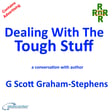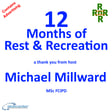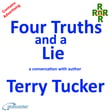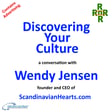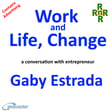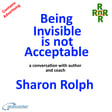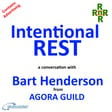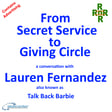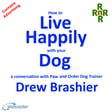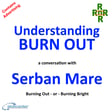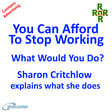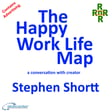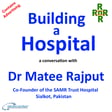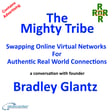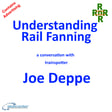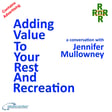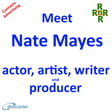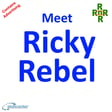
Making Art Accessible – a conversation with Art Cycle founder Olivia Buckland
The opportunity to be creative plays an important role in a child’s cognitive development. But in UK 3.7 million children live on or below the poverty line. That is about 30% of people aged under the age of 18. For those children art resources are often an unaffordable luxury.
During the COVID lockdowns when schools were closed children continued their education at home. Completing the projects they had been set was impossible in homes without access to art resources.
In this episode of the Abeceder work life balance podcast Rest and Recreation Olivia Buckland explains to host Michael Millward how connecting these two facts became the inspiration that led to her establishing Art Cycle.
Olivia recounts the experience of setting up Art Cycle and how quickly it grew. She explains the process of preparing an art kit from recycled resources and how they are distributed.
Now that Art Cycle is a reality Olivia explains the need for funding and her plans for the future.
Olivia is always interested in hearing from organisations that are rebranding or changing a logo and have branded items, like paper pads in all sizes, notebooks, pens, pencils, pencil sharpeners, etc that are no longer needed.
Instead of discarding those items Olivia asks that organisations send them to Art Cycle.
Rest and Recreation is made on Zencastr, because creating podcasts on Zencastr is so easy, you can as well by visiting Zencastr and using our offer code ABECEDER.
Travel – at trade prices anywhere in the world at trade prices on flights, hotels, trains, and holidays as members of The Ultimate Travel Club.
Health – York Test provides an Annual Health Test. An experienced phlebotomist will complete a full blood draw at your home or workplace. Hospital standard tests covering 39 different health markers are carried out in a UKAS-accredited and CQC-compliant laboratory.
A Personal Wellness Hub gives access your easy-to-understand results and guidance to help you make effective lifestyle changes anytime via your secure, personal Wellness Hub account.
Visit York Test and use this discount code REST25.
Tech Problems? – Visit Three for information about business and personal telecom solutions from Three, and the special offers available when you quote our referral code WPFNUQHU.
If you have liked this episode of Rest and Recreation, please give it a like and download it. To make sure you do not miss future editions please subscribe.
Remember, the aim of all the podcasts produced by Abeceder is not to tell you what to think, but we do hope to make you think!
Being a Guest
If you would like to be a guest on Rest and Recreation, please contact Abeceder.
Matchmaker.fm introduce many guests to Rest and Recreation. Matchmaker.fm is where great hosts and even greater guests are matched, and fantastic podcasts are hatched. Use code MILW10 for a discount on membership.
We recommend that potential guests take one of the podcasting guest training programmes available from Work Place Learning Centre.
Thank you to you for listening.
We appreciate every like, download, and subscription.
